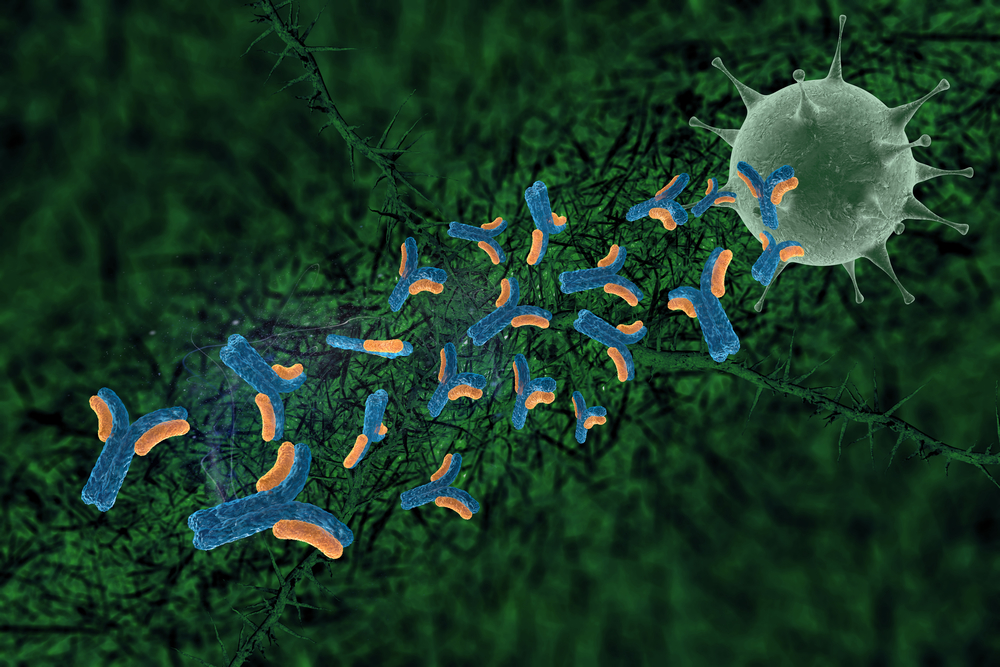Why do healthy people get cancer?

Many people feel unbelievable when suddenly finding themselves getting cancer. The first thought into their mind is that “How can that be? I’m healthy enough without any warnings: good sleeping, nice appetite, and almost no sickness.
They are eager to have confirmed examinations in different hospitals, but the results give them a heavy blow. So why people who appear to be healthy get cancer?
In fact, cancer doesn’t just occur in people vulnerable to disease or with a family medical history, and healthy people also have a chance of getting cancer. This is because, in addition to the mentioned factors, cancer is also closely related to people’s living habits.
Read on to see whether you have the following bad living habits that are detrimental to your health.
Keep sedentary all day
Confined to working settings, many people who sit to work all day develop a sedentary lifestyle. Even after work, they are unwilling to exercise for a while but prefer to lie on the sofa.
This sedentary lifestyle may be comfortable and relaxing, but bring about health harms. Inactive persons are easily susceptible to a host of bacteria and viruses and more likely to develop stomach cancer, colon cancer and prostate cancer due to a poor body immunity caused by being sedentary for years.
Eat moldy food
Moldy food is a breeding ground for aflatoxin, a carcinogen resulting in liver damage, more seriously, even reducing the incidence of cancer including bone cancer, kidney cancer, rectal cancer, breast cancer and ovarian cancer.
Aflatoxin is regularly found in staple food, oil and oil-related products. contaminated with aflatoxin. The food that is easily contaminated by aflatoxin include peanuts, peanut oil, corn, rice, cottonseed, walnuts, almonds, hazelnuts, and dried peppers, liver, salted fish, milk and dairy products.
Additionally, another source of aflatoxin is leftover food that should not be eaten overnight.
Distress often
People who suffer from psychological distress or depression are prone to cancer incidence. A long-term depression tends to disorder the immune system, nervous system, and endocrine system, which may lead to cancer development.
A new study co-authored by British and Australian Researchers has confirmed that a high psychological distress due to depression or anxiety is associated with a high cardiovascular risk.


